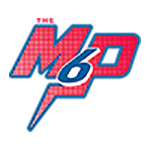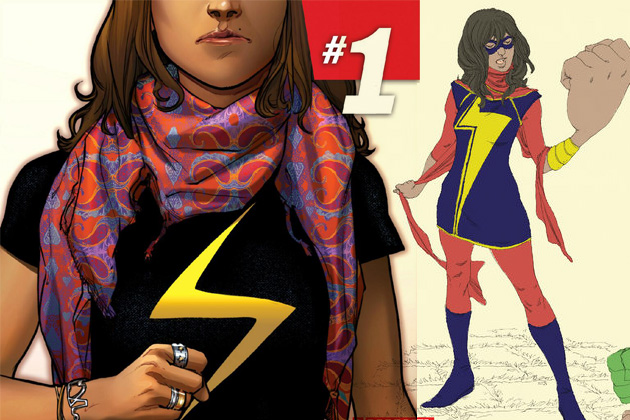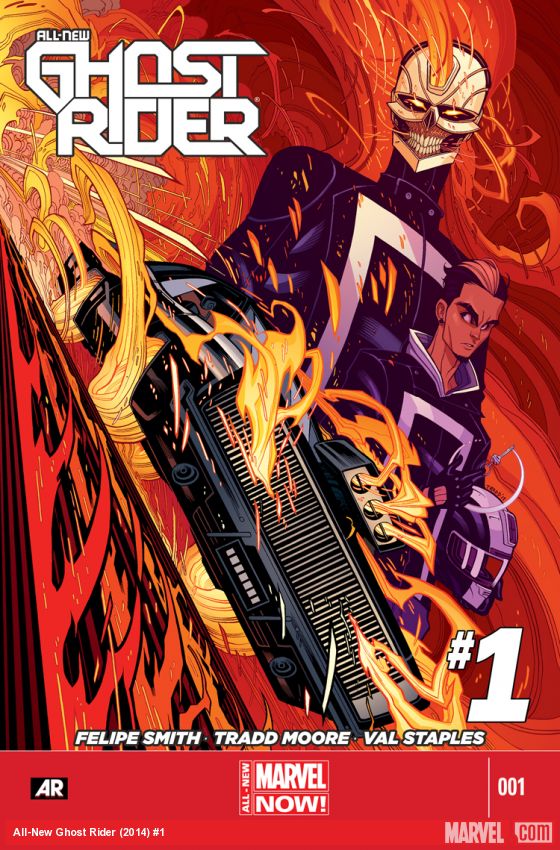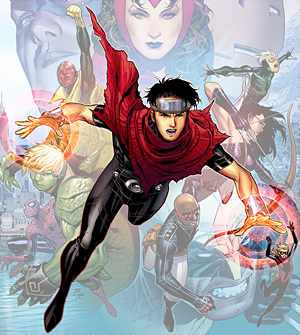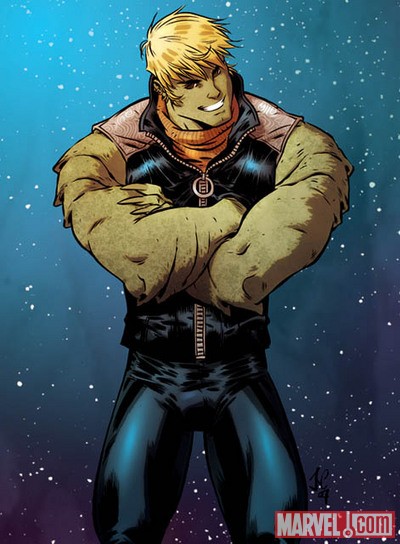In recent years, Marvel has attempted to bring more diversity into their line-up of superheroes. This included a wider range of ethnicities and sexualities in hopes that their books would be more inclusive to their readers. While I think that this is commendable, there is part of me that feels that many of these characters are forced tokens. This includes the latest Ms. Marvel and Ghost Rider along with Hulkling, and Wiccan.
Maybe I should’ve started with the fact that I am a middle class straight white male from the South. I see myself as fairly liberal in my political and social views, yet being who I am I recognize that maybe I just don’t get it. Being that most characters in the Marvel Universe are white males, maybe the addition of new and different characters is needed, and I’m just fearful of change and what that’ll mean to the characters I’ve always loved. Thinking about this new influx of characters who aren’t just straight white males, has made me think about other characters that maybe had certain readers also feeling they were being force feed diversity and how we view them now. The main ones are the great African-American characters that Marvel introduced in the 60s and 70s.
The first (and one that’s in my top 5 favorite comic characters) is Black Panther. He was first introduced in Fantastic Four #52 (1966) and two years later joined the Avengers in Avengers #52. It is difficult given the lack of social media and generally the internet during that period to gauge and understand the generally feel for this diverse character. Not only was he black, but he was an African King of one of the most advanced nations on the planet. Going back and reading his stories I never once have felt like he was forced or a token character, yet he already had my approval and love before I read those issues. I have to imagine though that there were those during that period (remember the Civil Rights Act was only passed in 1964) who still held onto racist grudges and resentments. There are still those today. While I’m sure they were never published in the back of a comic it would be interested to read some of the letters with that mindset which came to the Marvel offices as T’Challa’s relevance in the Marvel Universe came to fruition.
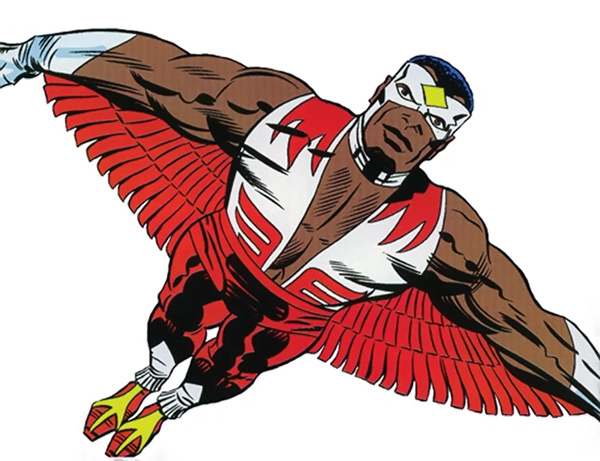
The next big diverse character in the 616 is a character finding an all new fan base: Sam Wilson aka The Falcon. The Falcon is incredibly important in the diversity of the Marvel Universe as he is one of the first minority characters to actually be headlined on the title of a major book. In 1971, just 15 issues after his first appearance, issue 132 of the series Captain America became Captain American and the Falcon for the next 90 issues (except for issue 193). That was just over seven years as the co-headliner on Marvel’s anchor character’s title. As I was growing up and reading my dad’s collection, the only Captain America books he had were from this run, it wasn’t until almost my teenage years that I realized that Captain America and the Falcon were not always synonymous with each other. Although, far too often, the Falcon is seen as just another Bucky and not a strong character in his own right, which was even humorous referenced in The Mighty Avengers #4. If you go back and read the Captain American and Falcon run, the interesting thing is that generally it is Cap who needs the Falcon’s help. The writers did a great job of not making the Falcon a black Lois Lane, but a true superhero that deserved to stand shoulder to shoulder with Captain America.
After those two characters came a slight influx of black heroes in the Marvel Universe. Luke Cage (June, 1972), Blade (July, 1973), and Misty Knight (February, 1975) all first appeared within a very short time span. It is possible that this influx of character, who were generally positioned and written with an Urban feel, may have had a similar reception among traditional as current diverse characters may be receiving today. Luke Cage’s regular use of the words “honky” and “cracker” probably had the same mixed feelings as Shatterstar and Rictor’s kiss in X-Factor or the Islamic blessing of food in Ms Marvel #1. Although the current examples may not be viewed as exploitative years from now as Luke Cage’s character, there is most likely still a feeling of shock and uneasiness as these new subjects are introduced and the very real concern if these subjects will be mocked in future issues of Deadpool the same way Luke Cage’s exploitative exploits were recently for being a little less than subtle. I completely understand there is a difference between the subjects, but they all still feel like forced tokens to prove diversity.
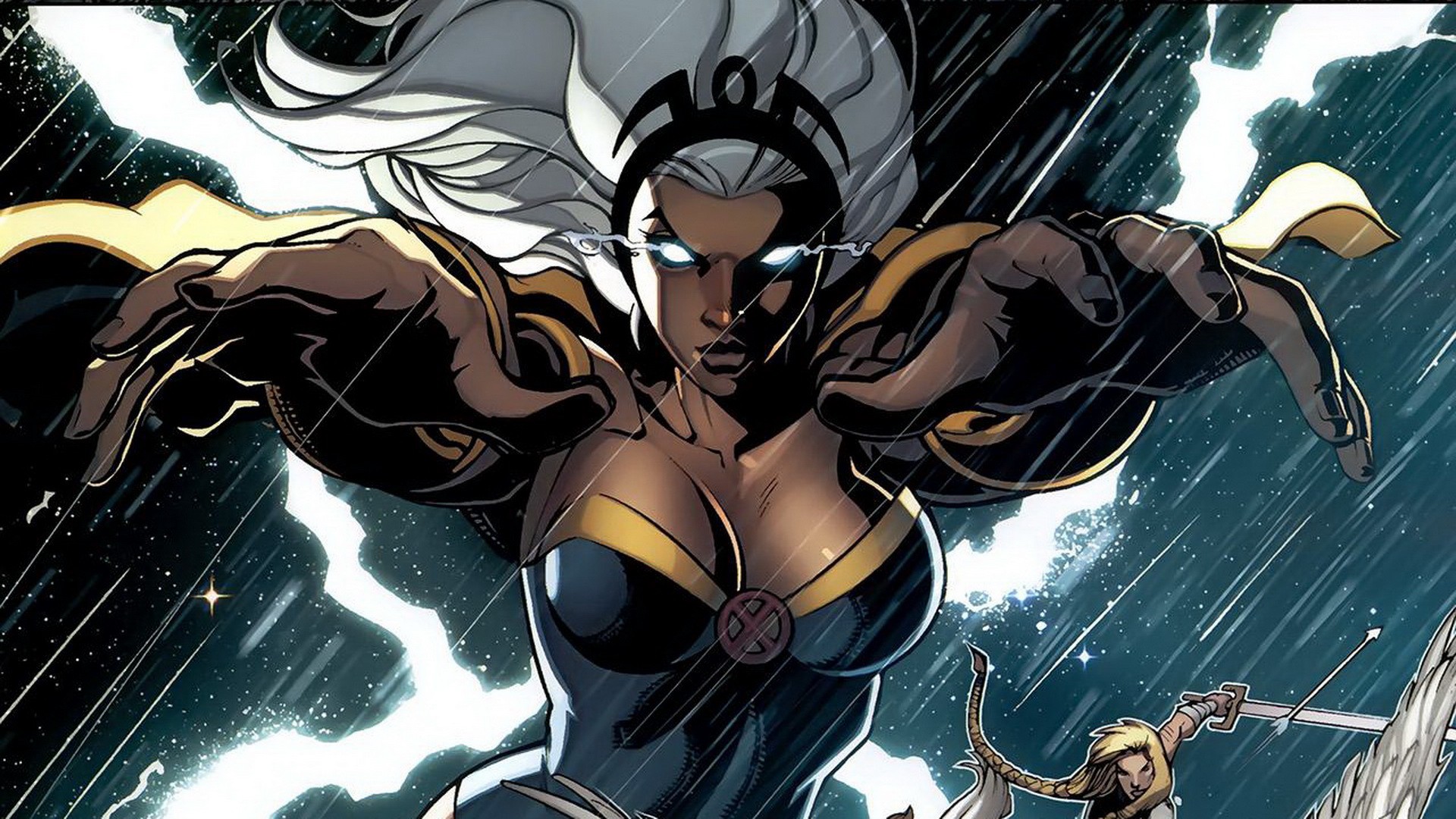
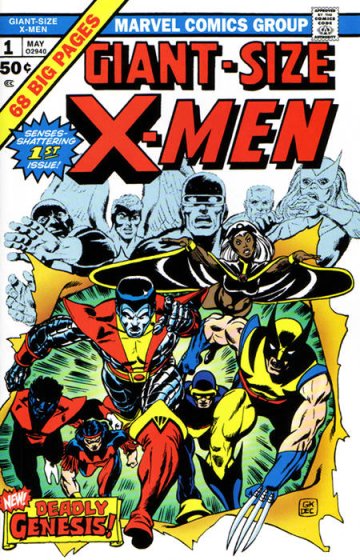 One of the most prominent and important diverse characters was still yet to be introduced though. Ororo Munroe aka Storm first appeared in Giant Size X-Men #1 in May of 1975. In a book that was said to be created as a way to examine diversity and persecution of minorities, it wasn’t until this issue that the team became more than just a group of white American kids. Along with the introduction of Storm, an African woman, there was the joining of people from Japan, Germany, Russia, Canada, and Ireland. Sure, they are all basically white, but the acceptance of different cultures in a superhero comic, especially anyone Russian during this period, was huge. And Storm truly became a character that was anything but a token. She was a strong, loyal, and vital team member who would later become an unquestionable leader of the group. She is such an important character in comics being that although she is a black female, neither of those things have ever been used as a way to simplistically define the character.
One of the most prominent and important diverse characters was still yet to be introduced though. Ororo Munroe aka Storm first appeared in Giant Size X-Men #1 in May of 1975. In a book that was said to be created as a way to examine diversity and persecution of minorities, it wasn’t until this issue that the team became more than just a group of white American kids. Along with the introduction of Storm, an African woman, there was the joining of people from Japan, Germany, Russia, Canada, and Ireland. Sure, they are all basically white, but the acceptance of different cultures in a superhero comic, especially anyone Russian during this period, was huge. And Storm truly became a character that was anything but a token. She was a strong, loyal, and vital team member who would later become an unquestionable leader of the group. She is such an important character in comics being that although she is a black female, neither of those things have ever been used as a way to simplistically define the character.
In the future as the current crop of new character are developed and introduced to the larger Marvel Universe, it will be interesting to see how our opinions on them will change. Will Kamala Khan continue just to be “that Muslim girl?” Will Hulkling and Wiccan become more than just “the gay guys in Young Avengers?” I am aware that people have quickly found connection to these characters because they identify with certain aspect these characters display. But we as fans must never be complacent with these characters. While a diverse and welcoming Marvel Universe is great, diversity for diversity’s sake will most likely bring about one dimensional characters that will fall by the way side for years until a writer finds a true need for them like was the case with Misty Knight. Fans must not accept these characters just because it is the nice a liberal and politically correct thing to do, but rather demand well written and purposeful characters that have a meaningful place in comics like Storm.
